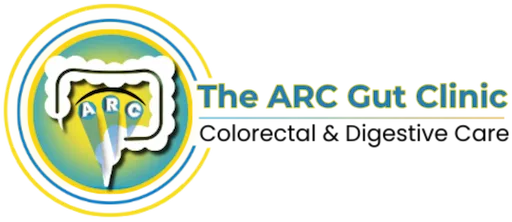Abdominal hernias are common and range from minor protrusions to urgent surgical problems. With accurate diagnosis, risk assessment, and a personalised approach to repair, most patients return to normal activity with low recurrence and good quality of life.
Read Also: Is Colon Cancer Curable?.

